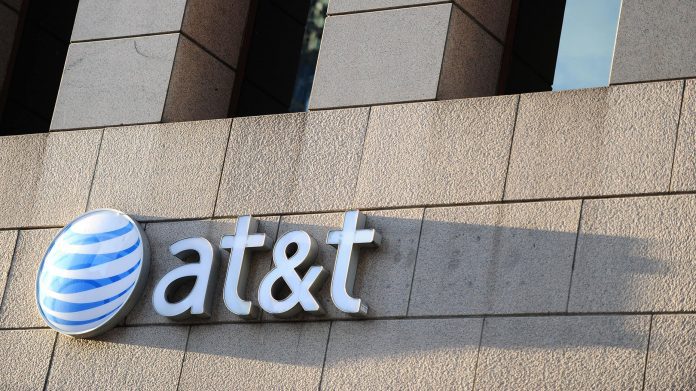“True growth (aka monetization)” of the network depends on easier API access for developers, says AT&T’s Igal Elbaz
AT&T sees its network as the killer 5G app—and monetizing it means exposing more of the network to developers through standardized and reusable APIs, says Igal Elbaz, SVP and network CTO, in a new blog post.
“We believe that to fully unlock the value of 5G, we must make the network an accessible, fundamental part of developer projects rather than something to bypass,” he writes, later adding, “For true growth (aka monetization) of the network to take place, we must expose more of it through reusable open network APIs, and it needs to be a simple process. Without simplicity and interoperability, this won’t take off like needed to tap into creating tomorrow’s connected experiences and new products and services.”
Elbaz recounted the investment that it has taken AT&T to get its network to its current state, and says that its “open, virtualized and software defined” network will “provide opportunity for monetization, improved customer experience and yet another wave of innovation via open APIs.”
“This isn’t the first time we’ve exposed network APIs to developers. The industry has talked about this since 4G,” Elbaz acknowledges in the post. “But what is unique about it this time is that the programmable capabilities of our network have increased significantly, and our network is becoming one where connectivity solutions will be increasingly digital and self-service in nature.”
He goes on to say: “Our next step will be to embed capabilities that will be exposed by and made accessible through network APIs to businesses and developers – all without need for network expertise on their part or additional infrastructure spend on ours. They can harness the power of AT&T’s network without needing a consultation or background in network architecture.”
Exposing telecom APIs to developers was a hot topic at this year’s Mobile World Congress Barcelona, when the GSMA announced a framework of universal network application programmable interfaces, which would provide universal access to operator networks for developers. At launch, the GSMA Open Gateway initiative had the support of 21 mobile network operators—including AT&T.
And in his post, Elbaz makes clear that AT&T isn’t the only one driving what he sees an inflection point. “Operators are taking steps to enable more digital distribution, provisioning, and consumption of network capabilities,” he said, going on to say later “Serving up the network as a programmable service platform is an intentional effort we’re making in collaboration and with purposeful timing.”
He offered up cybersecurity solutions and network experiences such as specific performance for video cameras as examples of what telecom APIs can enable, and he says that AT&T is also working on building a new, cloud-based platform to host an “API-first” solution for businesses which want to text with their customers.
“We plan to scale our capabilities by exposing them as APIs on various hyperscaler and aggregator platforms. These are places already familiar to and trusted by developers,” Elbaz wrote, adding that “AT&T’s approach will be a combination of wholesale and indirect paths to market where network services will be available as cloud-native solutions.”
“The bottom line is that we are building a platform for differentiation for those whose data rides our network,” he said.

